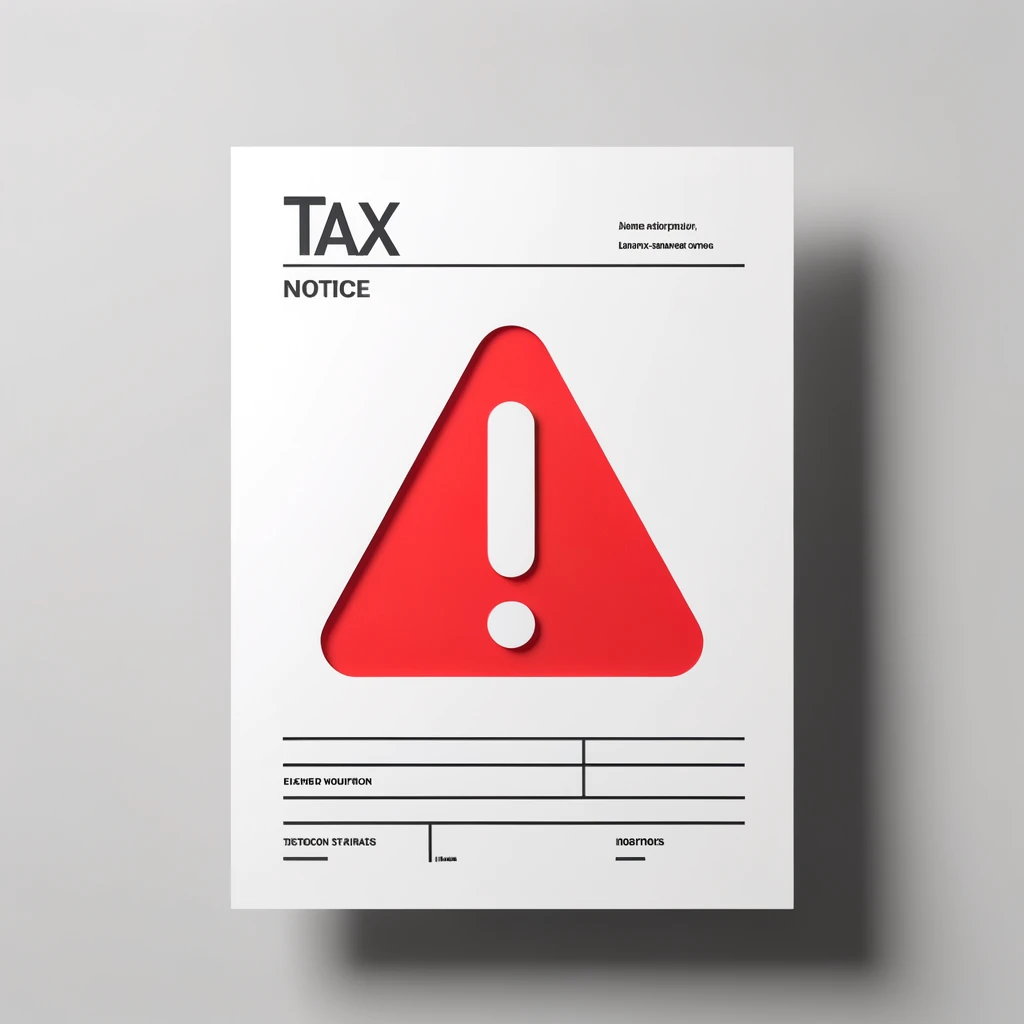Have you recently received an Income Tax Notice disallowing the 87A rebate in your ITR? You’re not alone. Many taxpayers are being hit with demand notices, and confusion is growing. Here’s why this is happening and what you can do about it.
Why is the 87A Rebate Being Disallowed?
Many taxpayers claimed the 87A rebate when filing their Income Tax Returns (ITR). However, the Centralized Processing Centre (CPC) has disallowed these claims, leading to demand notices for outstanding tax amounts. Here’s what’s behind this issue:
🔹 Changes to Special Rate Income Treatment: After July 5, updates were made to the income tax portal’s utility, affecting how special rate income—like long-term and short-term capital gains or income from online gaming—is treated. Under the new tax regime, no 87A rebate is allowed on such special rate income. This change caught many taxpayers off guard, especially those who filed their ITRs early or used tax software that didn’t update the changes.
🔹 Potential Scenarios:
- If you filed your ITR before July 5, the rebate may have been disallowed under the new rules.
- If you used paid tax software that wasn’t updated with the latest guidelines, your ITR may have incorrectly claimed the rebate, triggering a demand notice.
🔹 Lack of Guidance from the Department: Another contributing factor is the lack of clear communication from the income tax department regarding these changes, leading to confusion among taxpayers who are now receiving notices.
What Should Taxpayers Do?
If you’ve received a demand notice, here’s what you need to consider:
🔸 Pay the Amount Owed: The department is unlikely to change its stance, so it’s recommended to settle the demand amount if you find the notice valid. The new regime rules on special rate income are being strictly enforced.
🔸 Explain to Clients: If you’re a tax advisor or accountant, it’s crucial to communicate with your clients about why these notices are being issued. Ensure they understand the changes in tax law and guide them through the process of handling refunds or paying the demanded amount.
By staying proactive, you can avoid further complications and ensure that your tax filings remain compliant with the latest guidelines.
Stay informed, and don’t let these tax updates catch you off guard!
